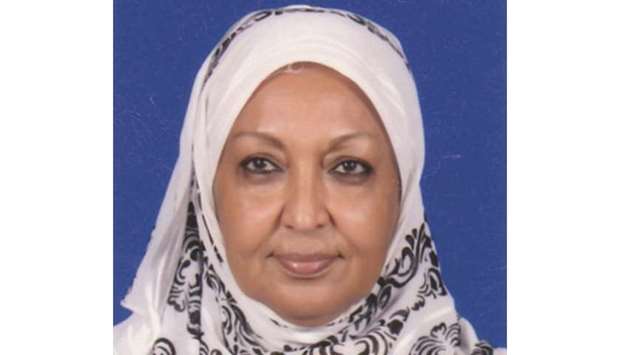Hamad Medical Corporation (HMC) is advising women who have pregnancy complications such as diabetes, high blood pressure, and anaemia to take precautions if they are fasting this Ramadan.
Dr Faten El Taher, senior consultant in obstetrics and gynaecology at the Women’s Wellness and Research Center, says while some studies show there is little or no effect on babies whose mothers fast during pregnancy, other studies have found that pregnant Muslim women who fast during Ramadan are likely to have smaller babies who are more prone to learning disabilities.
“Pregnant women with underlying health conditions should avoid fasting in order to protect themselves and their unborn babies from further complications. However, pregnant women who decide to fast during Ramadan should only do so under their doctor’s supervision,” cautioned Dr El Taher.
“Each Ramadan we see an increase in the number of pregnant women who visit our Emergency Department for complains associated with fasting. If Ramadan coincides with the summer months, this means hot weather and longer days, which puts pregnant women at greater risk for dehydration due to low fluid intake. This could induce premature labour and subsequently lead to preterm births,” added Dr El Taher.
Dr El Taher says fasting pregnancy women should contact their doctor immediately if they notice signs of distress, which could include weight loss, extreme thirst, infrequent urination, or dark-coloured and strong-smelling urine, headache, pain, or fever, and nausea or vomiting. It is also important to immediately contact one’s doctor if there are changes in the baby’s movement (particularly a decrease in movement), if the woman experiences contraction-like pains, feels dizzy, faint, weak, confused, or tired.
“If a woman, or her unborn baby, shows any signs of distress, she should immediately break her fast, drinking water containing salt and sugar, or an oral rehydration solution. She should also immediately contact her doctor,” said Dr al-Taher.
Dr Amal Abu Bakr Arbab, lactation consultant and lead for the Baby-Friendly Hospital Initiative at the Women’s Wellness and Research Center, says it is important for breastfeeding women to consult their physician prior to fasting. She says most Islamic scholars believe that breastfeeding women are exempt from fasting and urges women who are breastfeeding to seek medical advice if they decide to fast.
“Fasting can result in a woman eating fewer calories and there is scientific evidence that suggests fasting can affect the micronutrients in breast milk due to changes in the mother’s diet; therefore, fasting is generally not recommended for women who are exclusively breastfeeding. Women who are breastfeeding and decide to fast must talk to their physician and undergo a general health check,” said, Dr Arbab.
While fasting is normally safe for most breastfeeding women, abstaining from food and water for many hours may cause fatigue and dehydration. Dr. Arbab says breastfeeding women who plan to fast should eat a healthy, well-balanced diet and drink plenty of fluids. She recommends trying to increase the number of times the baby feeds between the Iftar and Suhoor meals and suggests the mother gets at least two hours of rest prior to feedings and eight hours of sleep during the night.
“An average woman needs to eat about 2,000 calories per day to maintain her weight. Breastfeeding women need to ensure they are eating up to 500 extra calories each day to
meet the increased nutrient needs that accompany breastfeeding. Strive to eat a variety of nutritious whole foods, protein, healthy fats, whole grains, and lots of vegetables and fresh and dried fruits,” added, Dr Arbab.

Dr Amal Abu Bakr Arbab
